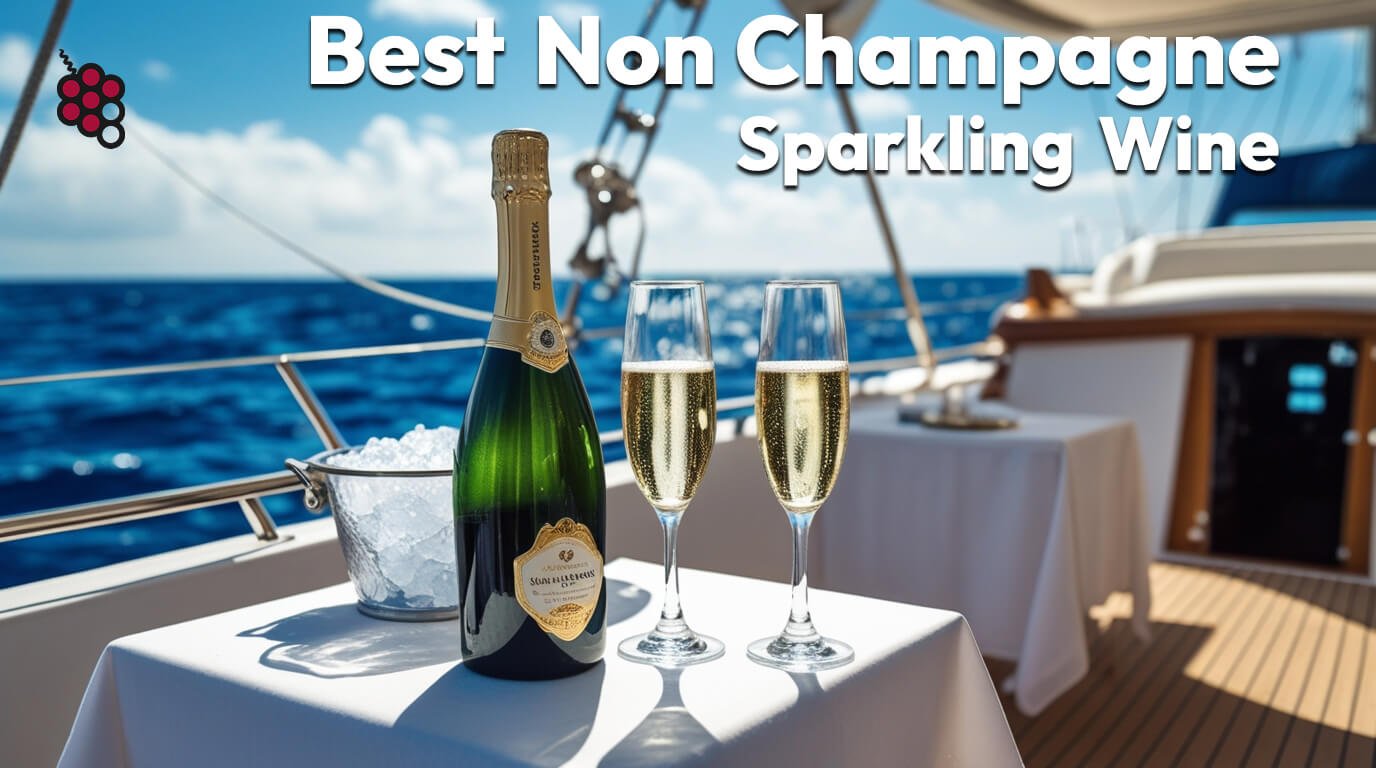
Champagne? Non. We are exploring the best sparkling wines from outside the esteemed region of Champagne. It may be the biggest name in the world of wine, but it is far from the only sparkling wine you can buy. In fact, there are many affordable alternatives, and many people here at 8Wines would choose a Franciacorta or a Crémant over a bottle of Moët, any day of the week.
Before we start exploring the world of non-Champagne, let’s start with the basics and refine our terms.
What is sparkling wine?
Sparkling wine is a style of wine that contains one vital, extra ingredient: carbon dioxide. During the creation of still wines, the gas (which is a natural part of the fermentation process) is usually released into the air.
Sparkling wine producers use a variety of techniques to trap carbon dioxide in the bottle, imbuing it with that special fizziness. These include the ‘Champagne/traditional’ method, a technique known as ‘Charmat’, the ‘Asti’ method, or the ‘méthode ancestrale’, to name just a few. More affordable sparkling wines are also simply made using the ‘carbonation’ method, where carbon dioxide is manually injected into the wine, rather than through fermentation.
The Best Non-Champagne Sparkling Wines, by Name
Crémant from France
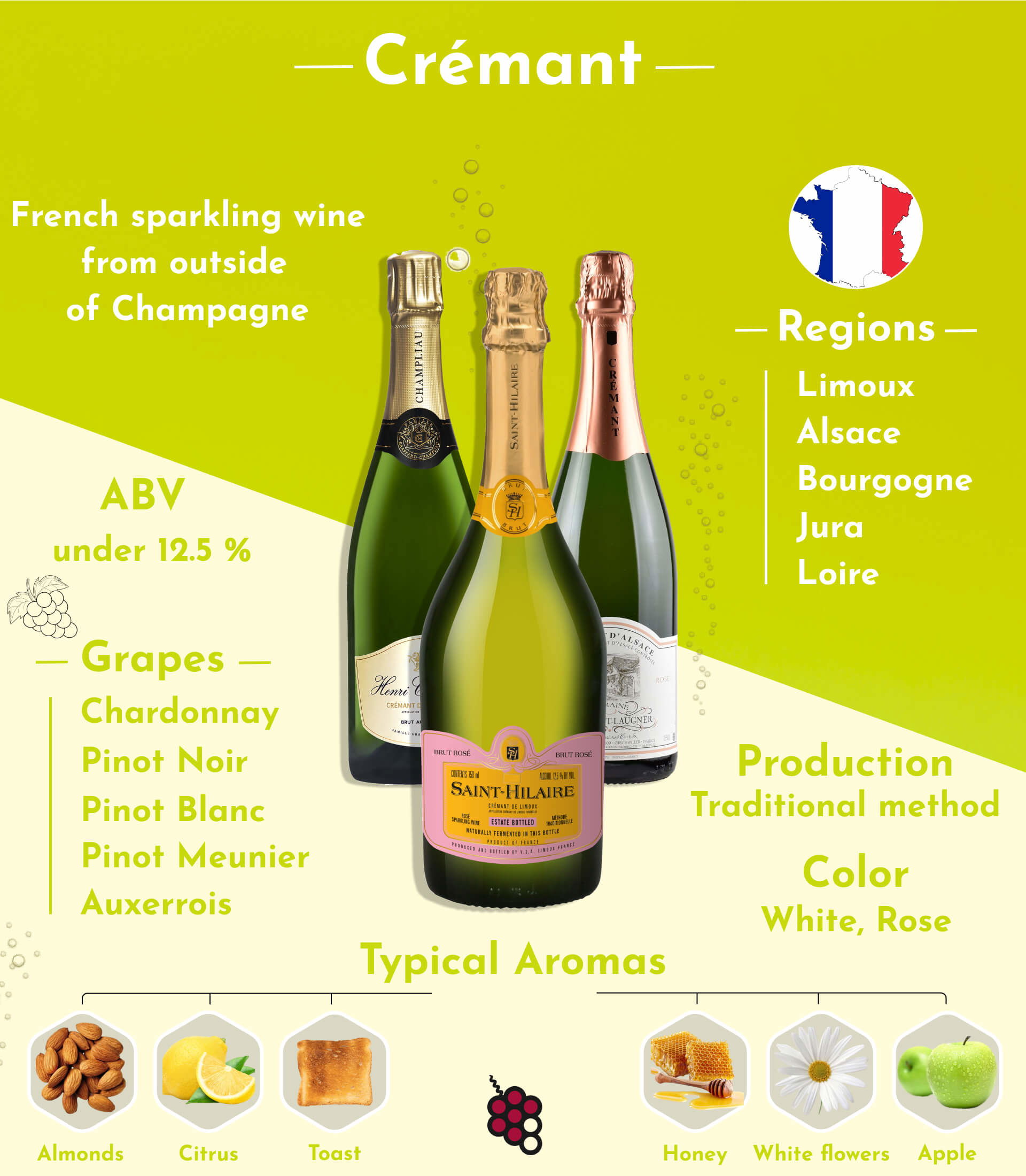
Chances are, you have heard the old phrase “You can’t call it Champagne if it’s not from Champagne.” It’s true - but Champagne has become such a popular term, you may have been left wondering, what do you call it?
French sparkling wine from outside of Champagne is called Crémant, and a lot of the time it is equally delicious and even more affordable. Crémant was first made in the southern region of Limoux, but it’s common to see French sparkling wine from other, colder regions, such as Burgundy and Alsace. So, which bottles represent the “Créme de la Crémant?”
Our first recommendation is the Crémant de Limoux Rosé, from Saint Hilaire Winery. This winery is ground zero for Crémant - any exploration of sparkling wine will lead you back here. In 1531, the monks of Saint Hilaire supposedly created the world’s first sparkling wine, about a century before the world-famous monk Dom Pérignon.
This budget-friendly wine is a salmon pink blend of Pinot Noir and the white grapes Mauzac, Chardonnay and Chenin Blanc. It combines sharp citrus notes with strawberry and raspberry on the palate, making it a perfect partner for meats such as pork and salmon steak, or any kind of vegetarian dish.
Moving north within France, you can discover the cellars of Henri Champliau and its delicious Authentique Brut. The winery is a rising star, founded in 2016 by Alexander Graffard. He utilises classic Burgundy grapes for his fizzy wines - this one is a blend of Pinot Noir and Chardonnay.
Despite its beautiful bright yellow colour, the Authentique Brut is packed with warm, red fruit flavours, followed by notes of orchard fruits. It is produced with the traditional Champagne method and is ideal for pairing with chicken. Like many wines on this list, it would also be excellent as an aperitif.
Our final pick is from Alsace, completing the holy trinity of Crémant regions. It’s a Rosé, from the family winery Domaine Allimant-Laugner.
This is a 100% Pinot Noir wine, with a beautifully pale pink colour and delicate bubbles. It’s everything you want in a Rosé: smooth and crisp, with hints of strawberries, and ripe red cherries. It’s perfect for any occasion, but will be particularly excellent when paired with oysters, salmon, or a spicy Asian dish.
Prosecco from Italy
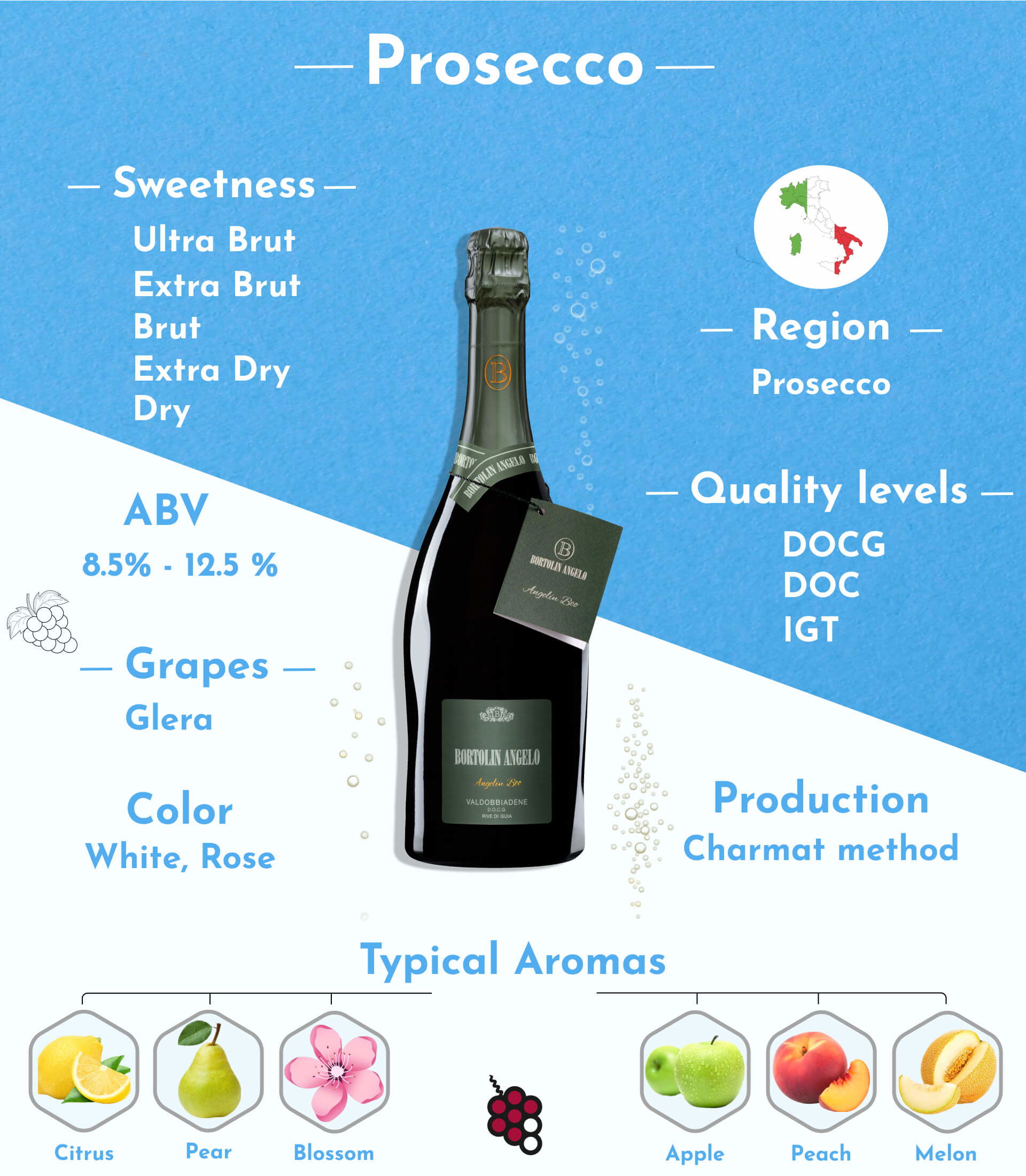
Prosecco is well known among people looking for affordable Champagne alternatives. Unlike Crémant, it is limited by a specific region within Italy - the Prosecco region spans 9 provinces in the north of Italy, within Veneto and Friuli Venezia Giulia.
Prosecco must be made with at least 85% of the Glera grape and has become immensely popular due to its fruity, food-friendly and approachable style. Our recommendation offers something different. Prosecco Extra Dry, from the Rizzardi winery, is a stunningly dry, melt-in-your-mouth sparkling wine.
In addition to its appealing silver colour, Rizzardi was crafted in Valdobbiadene, the finest location for Prosecco in all of Treviso. It’s an impressively pure wine, showing striking notes of apple skin and pear, with mousse-like bubbles. It is perfect for pairing with creamy sauces, seafood, or serving as an appetiser on its own.
Franciacorta from Italy
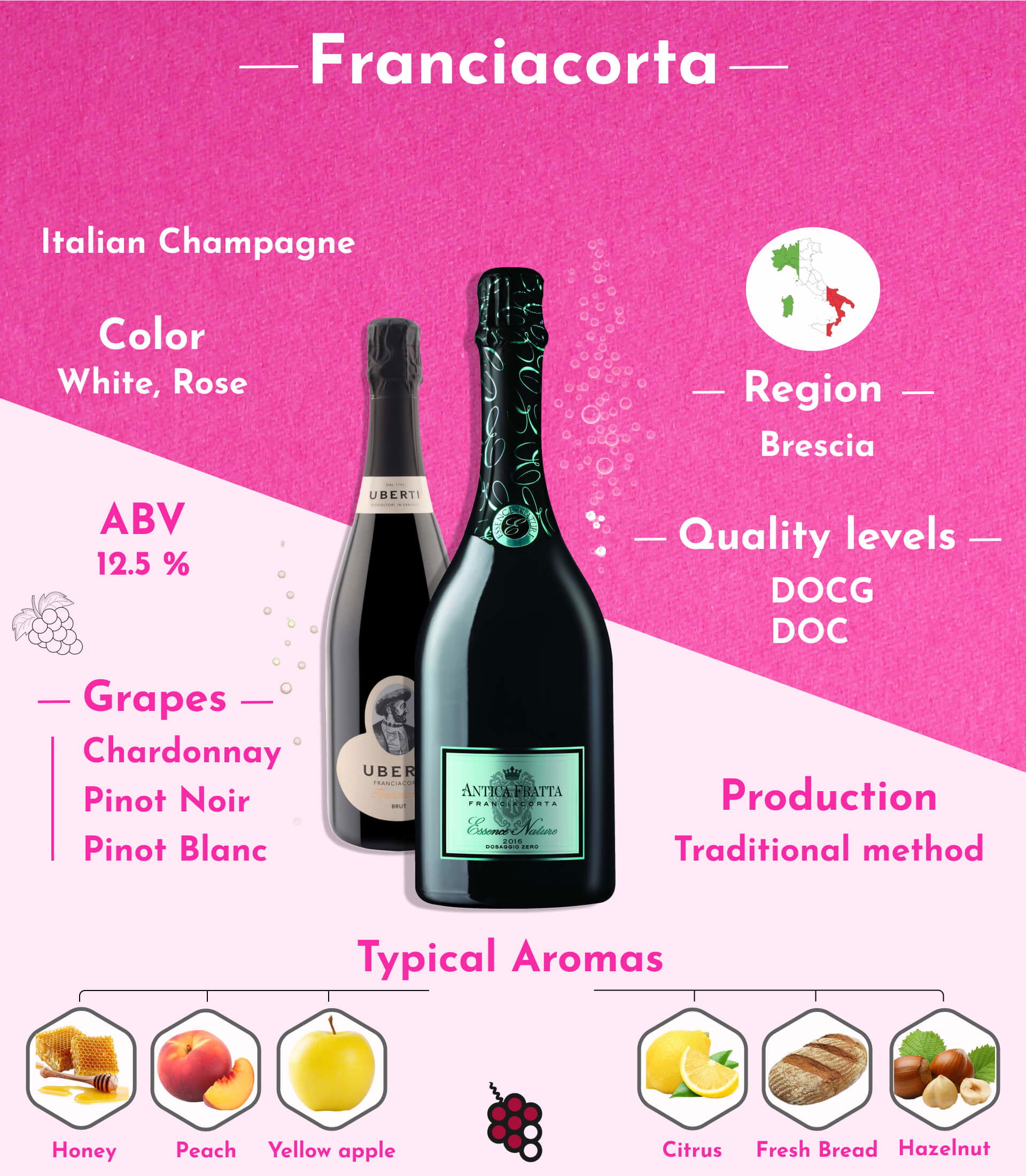
Franciacorta is the Champagne of Italy. Not just because Franciacorta matches the French region in terms of quality, but also because it is created using the same “traditional” method. Due to its lower latitude, Franciacorta is usually a slightly fruitier sparkling wine than Champagne and is popular for both its peerless quality and its affordability.
This sparkling wine is limited to specific vineyards within the Italian region of Lombardy and the grapes that grow there. It’s mostly Chardonnay, but you can also find Franciacorta made with Pinot Noir and Pinot Blanc.
Competition is stiff in Franciacorta, but our first recommendation is from the Uberti family and their sparkling Francesco I Brut.
Franciacorta has a lengthy maturation period, and that definitely comes across. It’s delightfully yeasty, with strong notes of brioche and nuts underpinning the citrus and tropical fruits. With its dry palate, it’s perfect for cutting through creamy sauces and matching seafood dishes.
Essence Rose from the winery Antica Fratta, on the other hand, is a zero dosage Franciacorta. This means that there was no sugar added during production, making it an extremely pure expression of its birthplace, Monticelli Brusati.
Essence Rose is wonderfully sharp, but after 36 months of ageing in the bottle, it has also acquired a layered and yeasty texture. You can discover notes of peach, citrus and brioche on the palate, along with natural hints of honeysuckle. It’s an excellent match for seafood, and for a complete gastronomic experience, it can even be paired with sushi.
Sparkling Wines from Around the World
So, Crémant, Franciacorta and Prosecco are the names to watch out for, from the European wine powerhouses of Italy and France. However, if you’re looking for something wholly unexpected, you can find English sparkling wine made in the Kent countryside. Cava is a sparkling wine from Catalonia, with more of a savoury, mineral-rich edge. You can also visit the New World, heading south to the Australian island of Tasmania, where they make stunningly fresh sparkling wine using the Champagne method.
Our Top Sparkling Wines to Try, and Why
So, we’ve gone though the most important regions for sparkling wine, but you might still be struggling to make a choice. Let us narrow things down for you. Consider this list “the best of the best”, in no particular order.
Moldova is one of the most unlikely locations for excellent bubbly wine. However, the soil and climate here are remarkably similar to Bordeaux, and top-tier wineries such as Chateau Purcari (which we explore in more detail here) have cemented Moldova’s place on the premium wine scene.
This is a delicious Rosé, packed with red berries, citrus and mint. Although it is made from the familiar grapes Pinot Noir and Chardonnay, the terroir offers something completely new and intriguing. It’s great for pairing with seafood, salads or creamy cheese.
This stunning wine comes from the mountainous region of Trentino-Alto Adige in Northern Italy. This made our list through its sheer quality, and is crafted from Chardonnay, grown between 300-600 metres above sea level.
This Blanc de Blancs is incredible value for money and was created with high-class restaurants and gourmet dishes in mind. It has a generous nose, a creamy mouthfeel, and delicate notes of citrus fruits and minerals. Pair it with seafood, white fish or buffalo mozzarella.
Taittinger is one of Champagne’s most famous names, but this wine represents their foray into foreign lands. If anything could be called “American Champagne”, it’s this bottle, sourced from a 138-hectare site in Napa Valley.
Domaine Carneros’ Brut is a crisp, fizzy Chardonnay, notable for its bold fruits and mousse-like texture. There are ripe notes of lime, lemon zest and honey, hinting at its origin in the warmer California climate. It’s an ideal wine for pairing with fried chicken, salads or fresh seafood.
We mentioned Saint Hilaire earlier in the article - they are the supposed creators of sparkling wine, all the way back in 16th century France. The winery’s Blanquette de Limoux simply had to be included on this list, as the descendant of that original sparkling wine.
This is Saint Hilaire’s trademark, a gorgeous Crémant with notes of orchard fruits, white flowers and freshly cut grass. It is the mould that all other sparkling wines were cast in: perfectly balanced, for drinking alongside cheesy risotto, roast chicken, or a crisp salad.
In our previous article looking at wine trends, we identified a potential rise in wines from unfamiliar or unusual locations, such as white wine from Rioja, or sparkling wine from England. This bottle from Bride Valley Winery is an excellent example of that trend.
This Brut Reserve came from the green fields of Dorset in the southwest of England and is comparable in quality to the finest bottles of Champagne. It’s packed with crisp notes of apple and pear, backed up by hints of citrus and white flowers. It is perfect for any occasion, particularly a classic fish and chips takeaway, or for slicing through a creamy sauce.
If you’re simply seeking a peerless sparkling wine and are not overly worried about budget, we have a fantastic selection of grower Champagne. The cream of the crop is this cuvée from the commune of Dizy. It is top-class Champagne, pure and simple, and is difficult to beat in terms of quality.
Cuvée 746 is Extra Brut and was aged for 3 years in the bottle before release. With strong notes of lemon rind, grapefruit and brioche, it is the perfect choice for a special occasion. Consider pairing it with caviar, roast chicken, or creamy cheese.
What Should You Look For When Buying Sparkling Wine?
If all you are seeking is some morsels of knowledge to take to the wine store with you, there are a few key pointers. Many of the factors that come into selecting a wine are down to personal taste. However, there are also some parts of a label that can subtly indicate the wine's quality, regardless of the price.
Here are some things you should know:
- There are two types of bubbly wine: sparkling wines, which are very fizzy and contain over 3 bars of pressure and semi-sparkling wine, which is slightly less fizzy. If you happen to be shopping for Italian wine, semi-sparkling wines may be labelled as ‘frizzante’ instead.
- Avoid ‘carbonated’ wines: In lower quality wine, the bubbles may be injected into still wine, after fermentation. In aromatics and taste, carbonated wines are identical to the still version of the wine. In short - you are not getting the ‘true’ sparkling wine experience. Instead, look for wines produced using the traditional Champagne method, or the Charmat method.
- Sparkling wine varies in sweetness: The driest bubbly wines you can buy will be labelled ‘pas dosé’, ‘nature’, or ‘zero dosage’, meaning there is zero added sugar. The labels then proceed like this, from driest to sweetest: Extra Brut, Brut, Extra Dry, Dry, Demi-Sec, and finally Doux, which can also simply be labelled as Sweet.
- Some French terms for indicating the wine's colour: If the label reads “Blanc de Blancs”, it means that the wine is white, made from white grapes - usually Chardonnay. If it says “Blanc de Noirs”, it means that the wine is white, but it’s made from red grapes - usually Pinot Noir. Finally, if it reads Rosé, it means that it’s pink. These wines are usually made from red grapes, in a method that involves removing the skins early in the wine-making process. However, they can also be a mixture of red and white grapes.
Sparkling wine is not just Champagne; nor is it just a fun, special occasion drink that you have to save for holidays. It is a universe of its own, with enough depth and variety to keep even the most seasoned wine enjoyer entertained. We hope this article has helped you to make an informed decision, and we wish you well on your journey, through the world of sparkling wine.






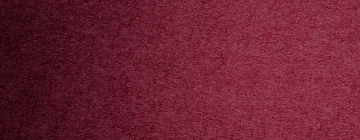
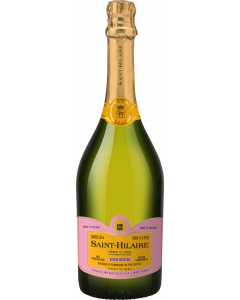
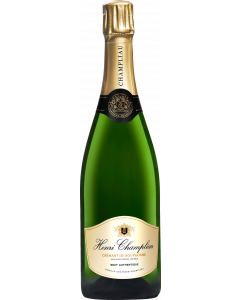
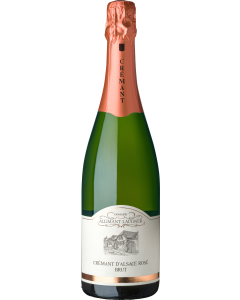

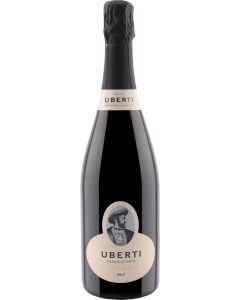

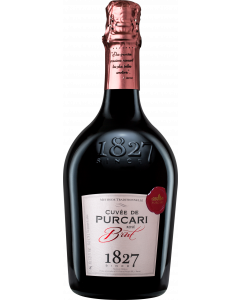
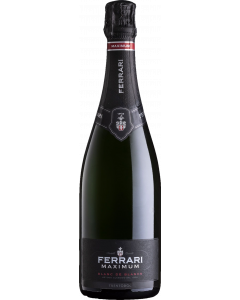
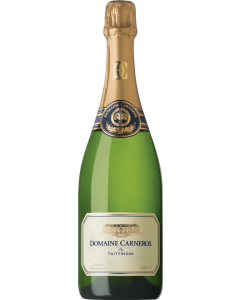
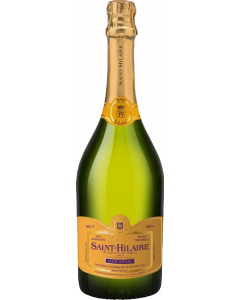
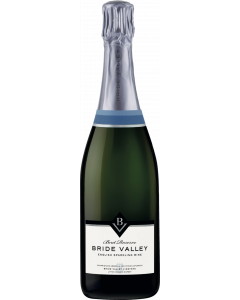
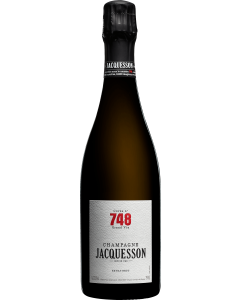



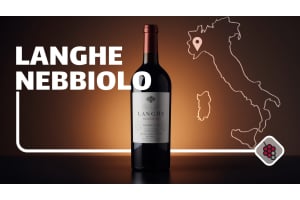
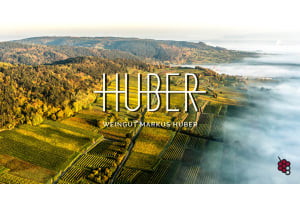
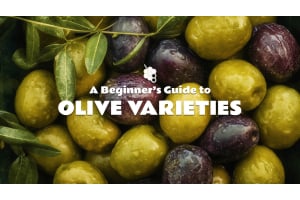
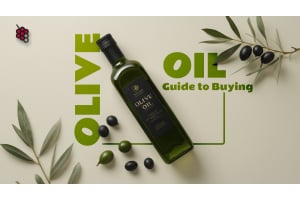
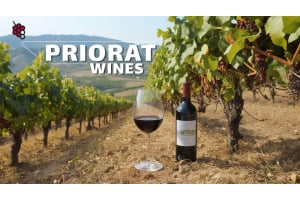
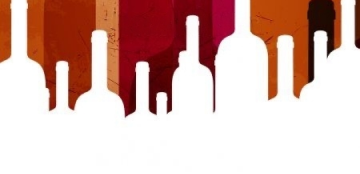
I enjoy the variety of vines and quick and easy delivery.